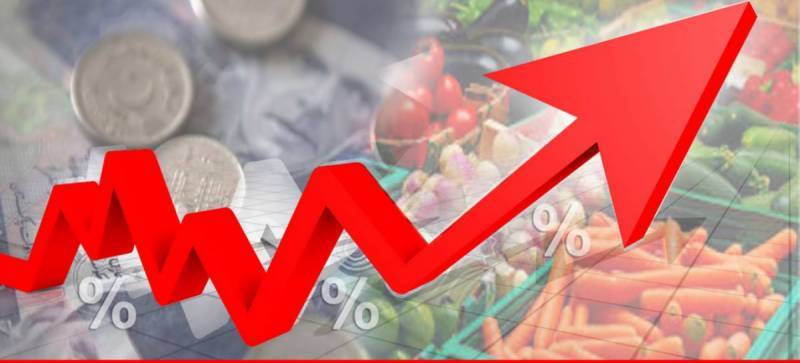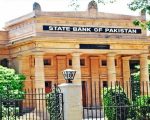KARACHI – The Pakistan Bureau of Statistics (PBS) released data on Thursday revealing a significant spike in inflation, with the Consumer Price Index (CPI) surging by 28.3 percent year-on-year in January.
According to the PBS, January saw a 1.83 percent increase in monthly inflation compared to the previous month.
Mohammed Sohail, CEO of Karachi-based brokerage firm Topline Securities, attributed the higher-than-expected inflation in January to elevated energy prices and food inflation. He noted that this was among the reasons cited by the central bank for maintaining current interest rates.
Earlier this week, the State Bank of Pakistan (SBP) opted to keep its key rate steady at 22 percent for the fifth consecutive policy meeting.
The SBP governor justified this decision by citing “elevated” inflation, which stood at 29.7 percent in December.
He attributed the increase in the bank’s average inflation forecast for the fiscal year ending in June to 23-25 percent, up from the previous projection of 20-22 percent, to rising gas and electricity prices.
On a month-on-month basis, notable increases were observed in urban and rural areas:
Urban areas witnessed rises in food items such as chicken (31.44 percent), tomatoes (28.28 percent), onions (27.87 percent), eggs (17.22 percent), fresh vegetables (8.31 percent), pulse gram (7.63 percent), and fish (5.47 percent). Non-food items like communication services (15.68 percent), woolen readymade garments (6.84 percent), electricity charges (6.45 percent), liquified hydrocarbons (2.53 percent), and marriage hall charges (2.35 percent) also saw increases.
In rural areas, food items experiencing hikes included onions (31.01 percent), chicken (25.02 percent), tomatoes (24.12 percent), eggs (19.81 percent), fresh vegetables (8.08 percent), and pulse gram (6.56 percent). Non-food items like communication services (18.7 percent), electricity charges (6.45 percent), marriage hall charges (4.08 percent), woolen readymade garments (3.91 percent), and liquified hydrocarbons (3.57 percent) also saw rises.














